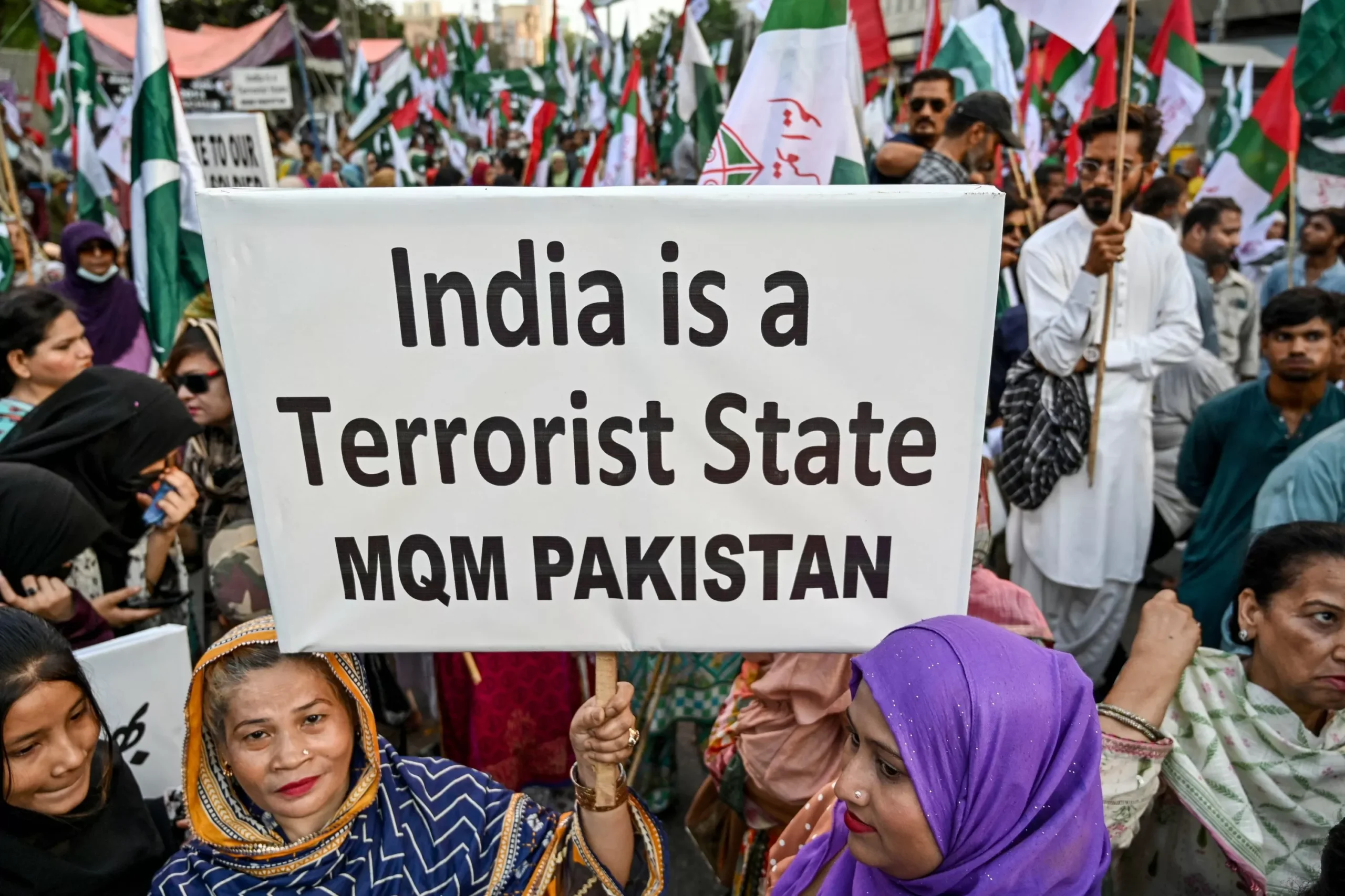India and Pakistan, two neighboring countries with a long history of tension and conflict, have once again found themselves at odds. On Friday, the two nations engaged in fresh military attacks, marking the third consecutive day of intense fighting between the two nuclear-armed neighbors.
The escalation of violence began on Wednesday when India launched air strikes on an alleged terrorist training camp in Pakistan. The Indian government claimed that this strike was in response to a suicide bombing in Kashmir that killed 40 Indian soldiers. Tensions between the two nations have been high since the attack, with both sides engaging in a war of words and threats.
The situation took a dangerous turn when Pakistan retaliated with its own air strike on Indian-controlled territory, resulting in a dogfight between Indian and Pakistani fighter jets. This clash led to the capture of an Indian pilot by Pakistani forces, escalating the tension even further.
The recent military exchanges between the two nations have sparked concerns globally, as both India and Pakistan are nuclear-armed countries. The possibility of a full-scale war between these two nations has left the international community on edge.
Amidst this tense atmosphere, both countries have continued to exchange heavy artillery fire, causing fear and destruction among civilians living in border areas. Drones have also been used in the attacks, adding to the chaos and destruction.
The situation between India and Pakistan is a cause for great concern, not just for the countries involved but for the entire world. Both nations possess nuclear weapons, and any escalation of this conflict could have catastrophic consequences.
It is crucial for India and Pakistan to find a peaceful resolution to their issues and to put an end to this ongoing cycle of violence. The international community must play a vital role in easing tensions and promoting dialogue between the two countries.
War is not the solution to any problem. It only brings destruction and suffering, and innocent civilians are always the ones who bear the brunt of it. It is time for both India and Pakistan to put their differences aside and work towards finding a peaceful resolution.
The people of both nations have suffered enough due to this ongoing conflict. It is time for the leaders of both countries to prioritize the well-being and safety of their citizens and work towards establishing peace and stability in the region.
India and Pakistan have a shared history and culture, and it is time for them to come together and build a future based on cooperation and mutual respect. The constant exchange of military attacks and escalating tensions only push the two nations further apart, hindering progress and development.
In the midst of all the negativity and fear, there is a glimmer of hope. The #SayNoToWar movement, started by peace activists in both countries, has gained momentum on social media. This movement has brought people from both nations together, who are calling for peace and an end to the violence.
It is time for the leaders of India and Pakistan to listen to the voices of their people and work towards resolving their differences through peaceful means. The future of both nations depends on it, and the world is watching, hoping for a positive outcome.
In conclusion, it is crucial for India and Pakistan to de-escalate the tension and work towards finding a lasting solution to their issues. The recent military exchanges between the two nations serve as a reminder of the devastating consequences of war and the urgent need for peace. Let us hope that a peaceful resolution is reached, and the people of both nations can once again live in peace and harmony.






![Complete BritRail Pass Guide [Types, How to Use It, Pros + Cons]](https://inside-news.uk/wp-content/uploads/2025/06/00221EB4-BCA2-4DBB-6CD4-83DBC37D71FA-120x86.webp)















